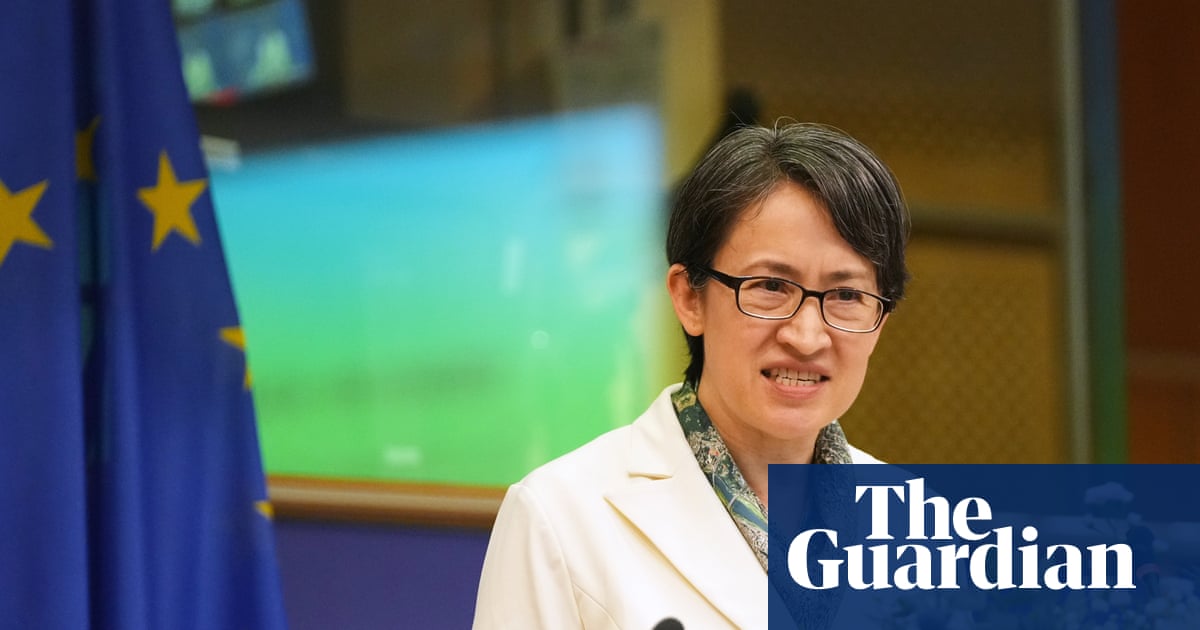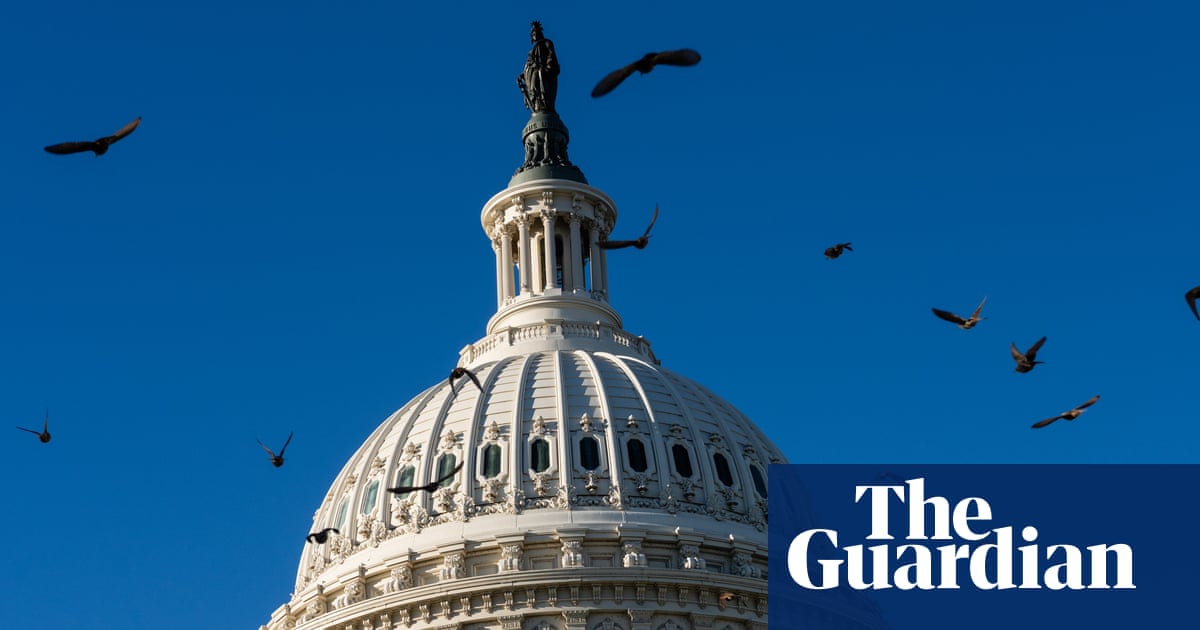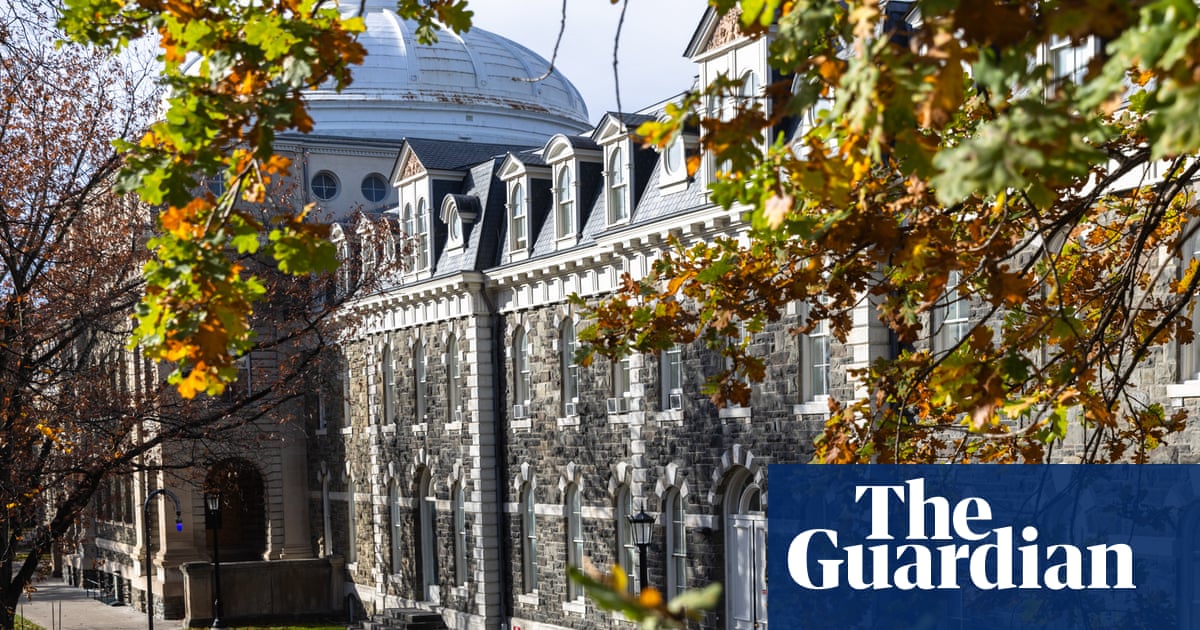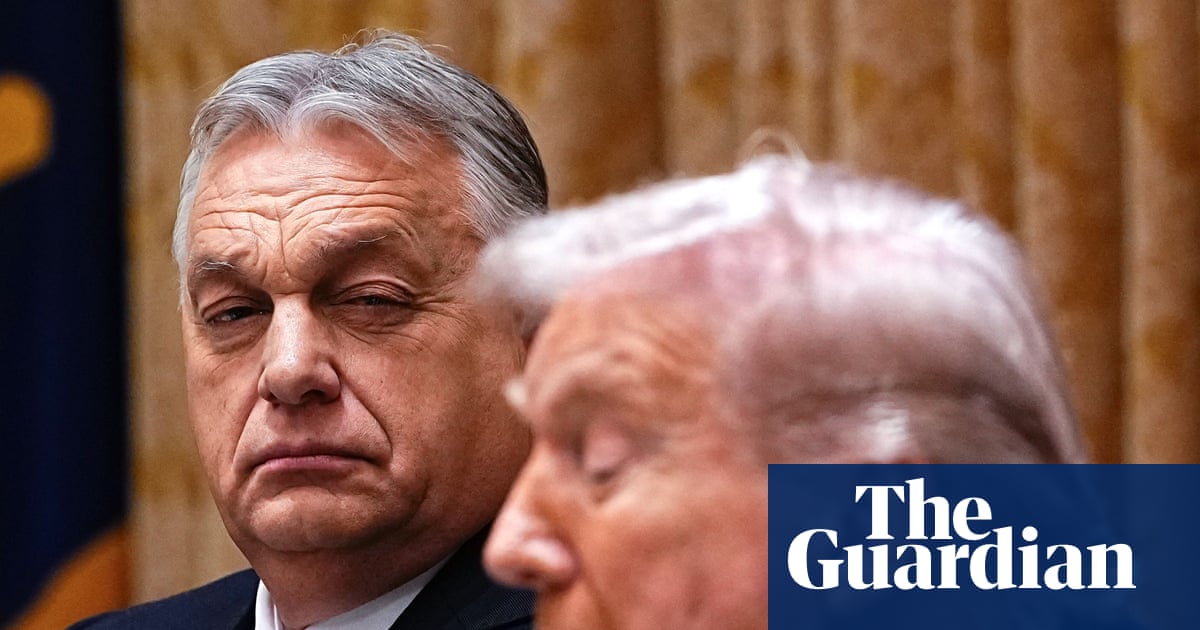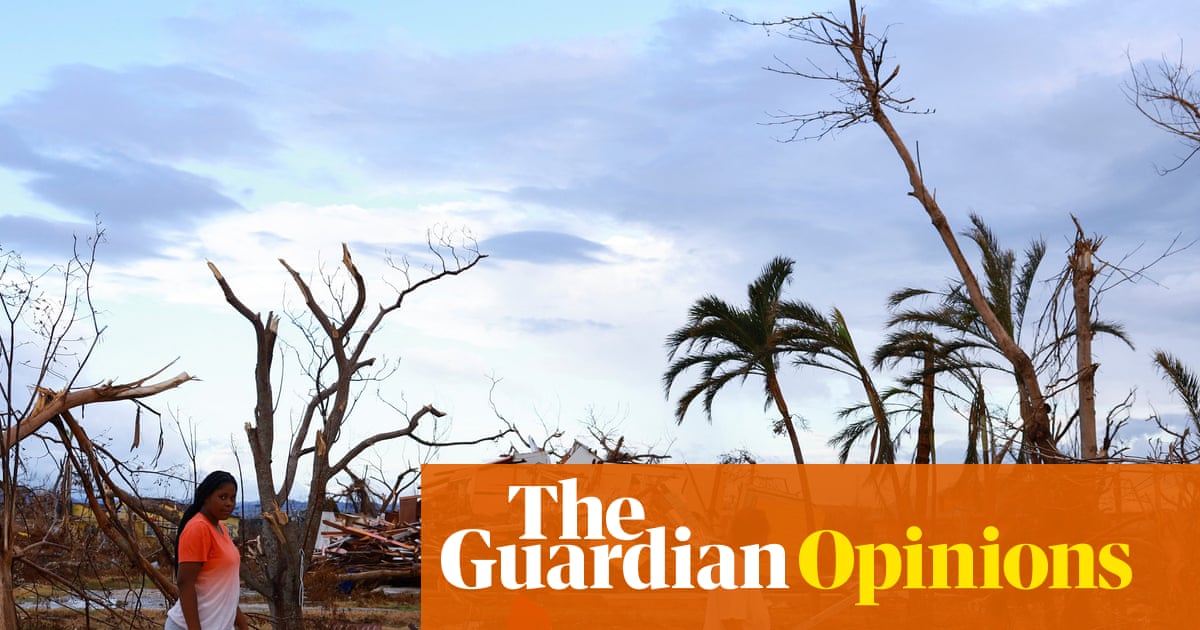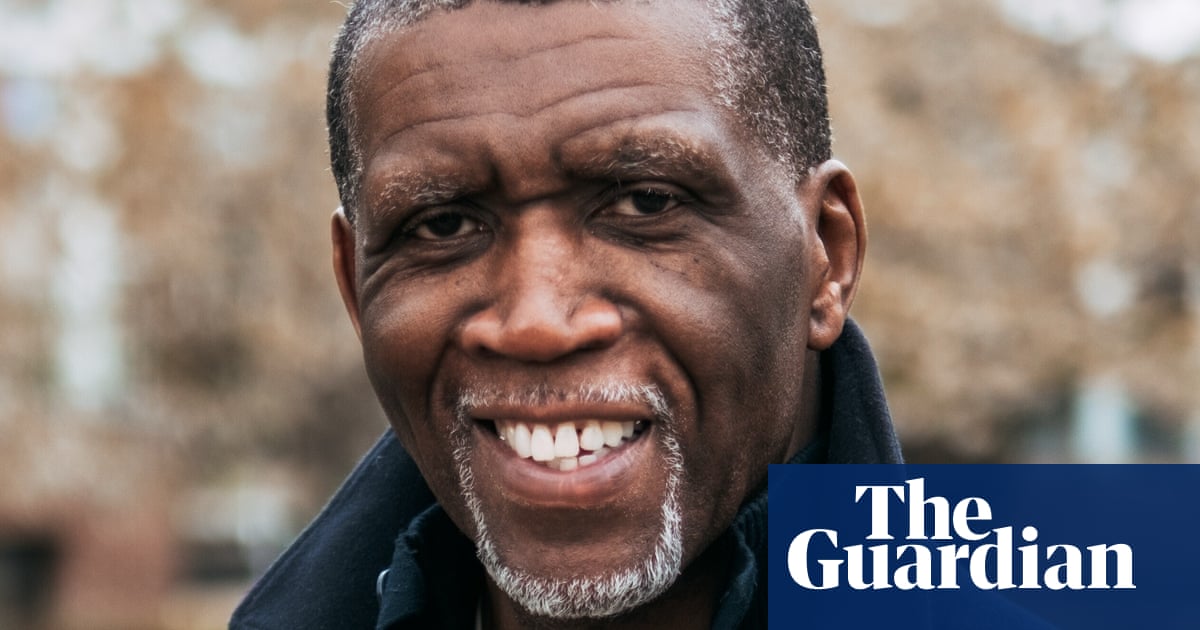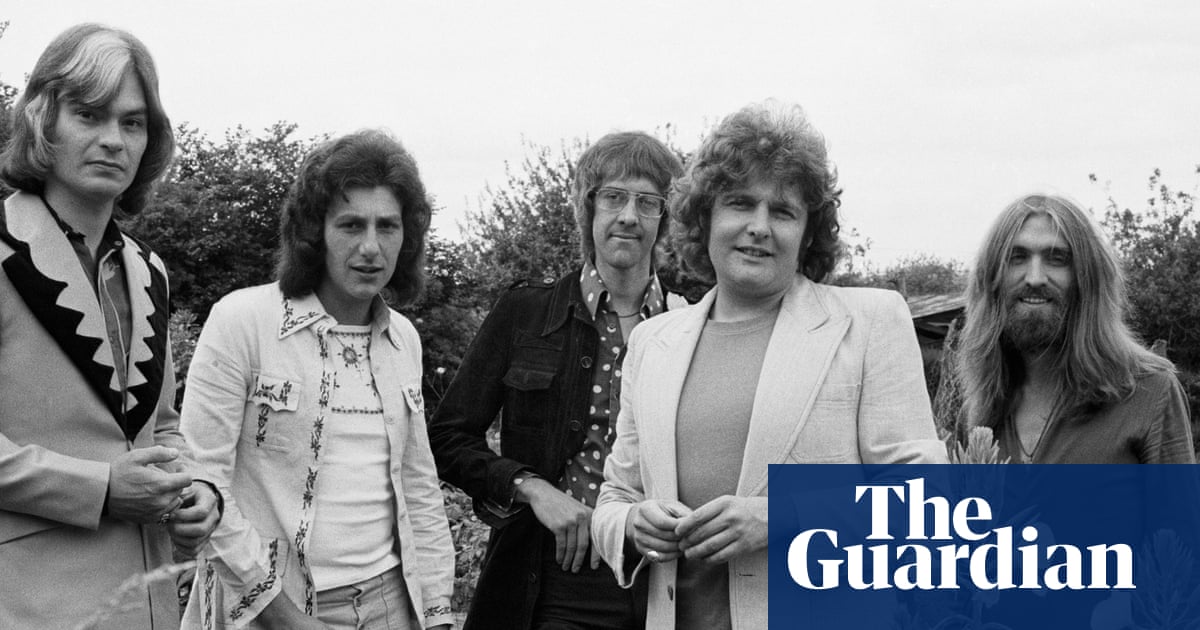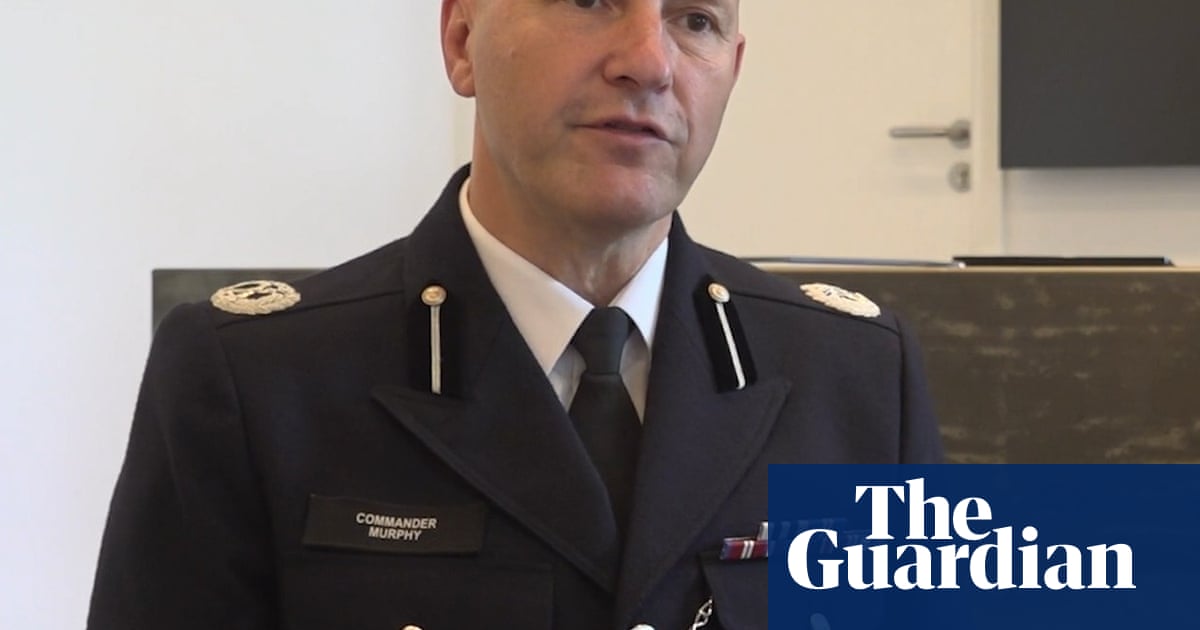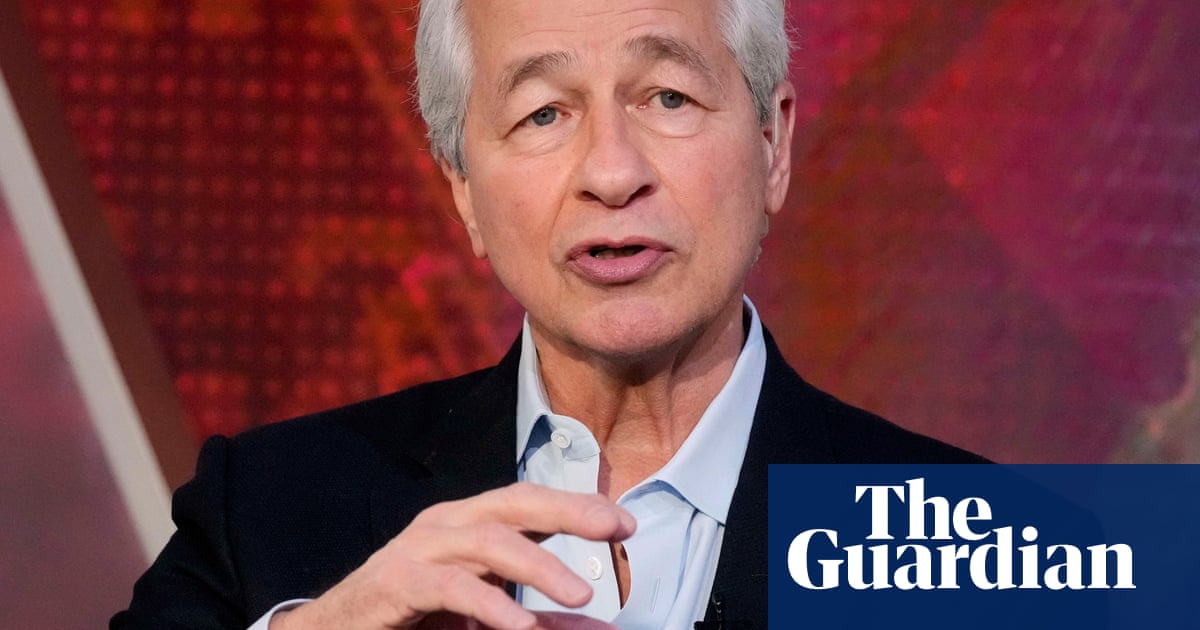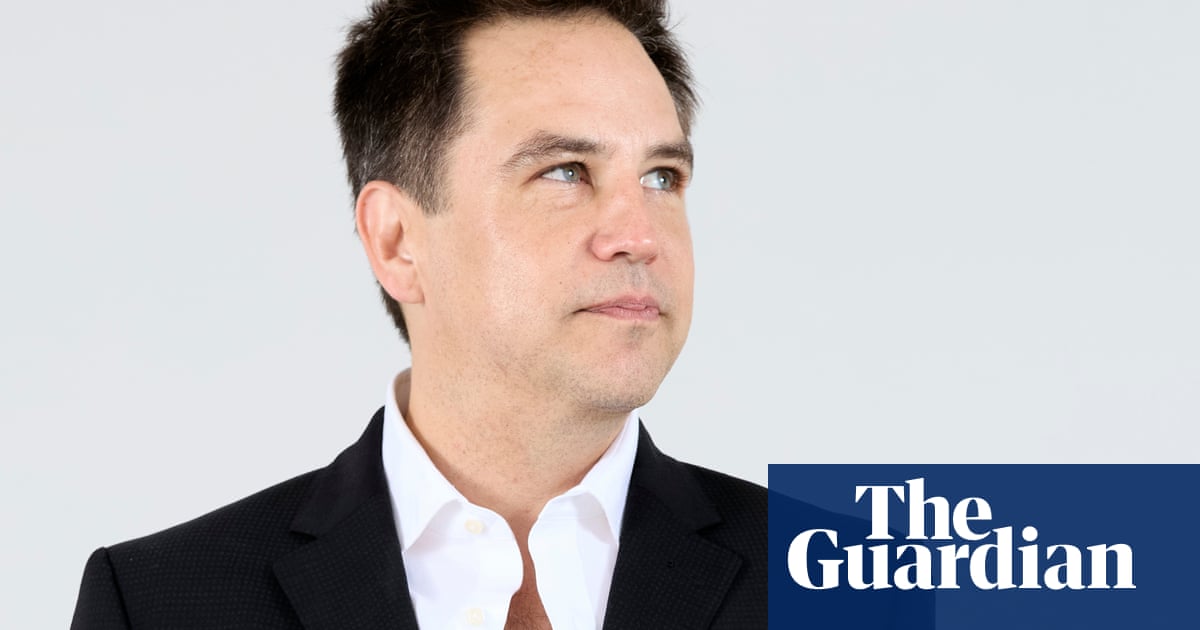The editor-in-chief of the US public radio network NPR has told colleagues that she is stepping down later this year.
Edith Chapin’s announcement comes just days after federal lawmakers voted in support of Donald Trump’s plan to claw back $1.1bn from the Corporation for Public Broadcasting, the umbrella organization that funds both NPR and the non-commercial TV network PBS.
Chapin informed Katherine Maher, NPR’s chief executive, of her intention to step down before lawmakers approved the cuts but will stay on to help with the transition, according to what she told the outlet.
Chapin has been with NPR since 2012 after spending 25 years at CNN. She has been NPR’s top editor – along with chief content officer – since 2023.
In an interview with NPR’s media reporter, David Folkenflik, Chapin said she had informed Maher two weeks ago of her decision to leave.
“I have had two big executive jobs for two years and I want to take a break. I want to make sure my performance is always top-notch for the company,” Chapin told NPR.
Nonetheless, Chapin’s departure is bound to be seen in the context of an aggressive push by the Trump administration to cut government support of public radio, including NPR and Voice of America.
Trump has described PBS and NPR as “radical left monsters” that have a bias against conservatives. In an executive order in May, the president called for the end of taxpayer subsidization of the organizations.
“Unlike in 1967, when the [Corporation for Public Broadcasting] was established, today the media landscape is filled with abundant, diverse and innovative news options,” Trump’s order said. “Government funding of news media in this environment is not only outdated and unnecessary but corrosive to the appearance of journalistic independence.”
Trump later called on Congress to cancel public broadcaster funding over the next two years via a rescission, or cancellation, request. That was approved by both houses of Congress on Friday, taking back $1.1bn.
PBS’s president and chief executive officer, Paula Kerger, said that the Senate’s approval of the package “goes against the will of the American people”.
after newsletter promotion
“These cuts will significantly impact all of our stations but will be especially devastating to smaller stations and those serving large rural areas,” Kerger said. “Many of our stations which provide access to free unique local programming and emergency alerts will now be forced to make hard decisions in the weeks and months ahead.”
Maher said: “Nearly three in four Americans say they rely on their public radio stations for alerts and news for their public safety.”
Loris Taylor, head of Native Public Media, said the decision “poses an immediate threat to the survival of small, rural, and Tribal stations across the country”.
“These hyperlocal stations, many of which are the only source of local news, emergency alerts, educational programming, and cultural preservation, operate with limited resources and rely on [the Corporation for Public Broadcasting] funding to stay on the air,” Taylor said.
In an essay published by the Columbia Journalism Review on Tuesday, the Guardian writer Hamilton Nolan said that while NPR and PBS will survive, “the existence of small broadcasters in rural, red-state news deserts is now endangered”.

.png) 3 months ago
35
3 months ago
35
